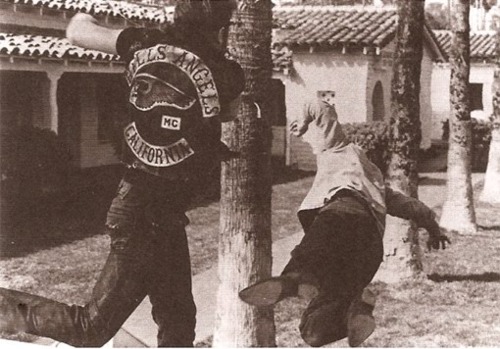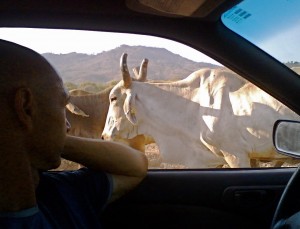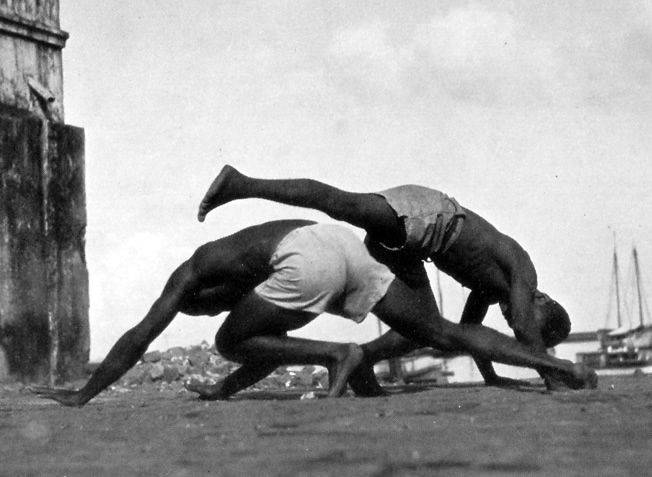 Lately I’ve read lots of interesting stuff about Jack LaLanne. Probably because he died at 96 and was often referred to as “the godfather of fitness.” He was a 20th century American success story.
Lately I’ve read lots of interesting stuff about Jack LaLanne. Probably because he died at 96 and was often referred to as “the godfather of fitness.” He was a 20th century American success story.
As an unhealthy teen he made a decision to change who he was and how the world saw him. Then he did it. And he lived it. He’d celebrate his birthdays by performing demanding physical feats. For instance, on his 60th birthday he swam from Alcatraz Island to San Francisco in handcuffs and shackles while towing a 1000 pound boat.
Jack was a pioneer, creating his own brand around the Jack LaLanne name. Beginning by opening the first of what was to become the modern “health club” in 1936. Then he starred in a morning show on TV starting in 1951 that continued for 30 years. He used TV to reach his audience and build trust. Eventually he owned hundreds of health clubs that he later sold to Bally Fitness. And he was smart enough to keep the rights to the show.
Before hippies, Jack was juicing carrots and asking “Would you give your dog a cigarette and a doughnut for breakfast? … and (people) wonder why they don’t feel good.” He got lots of Americans (especially housewives watching his show in the morning) exercising by cheerfully promoting activity and cleverly, at the time, not really calling it exercise. He had the trust of his audience because they saw that he wasn’t asking them to do anything he didn’t do. And he did it for life.






